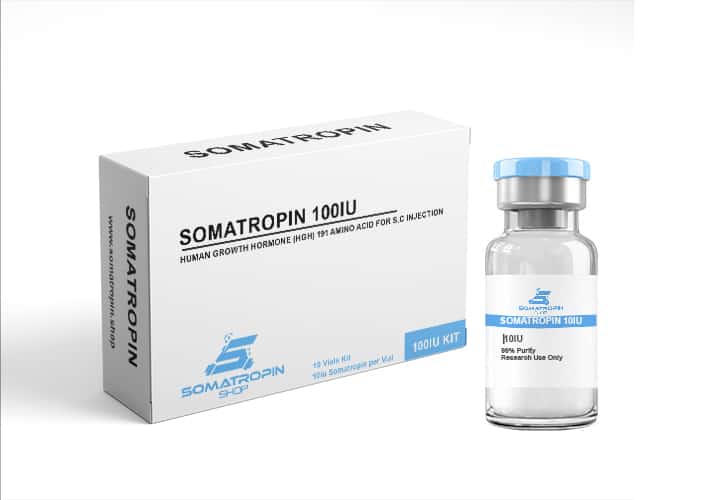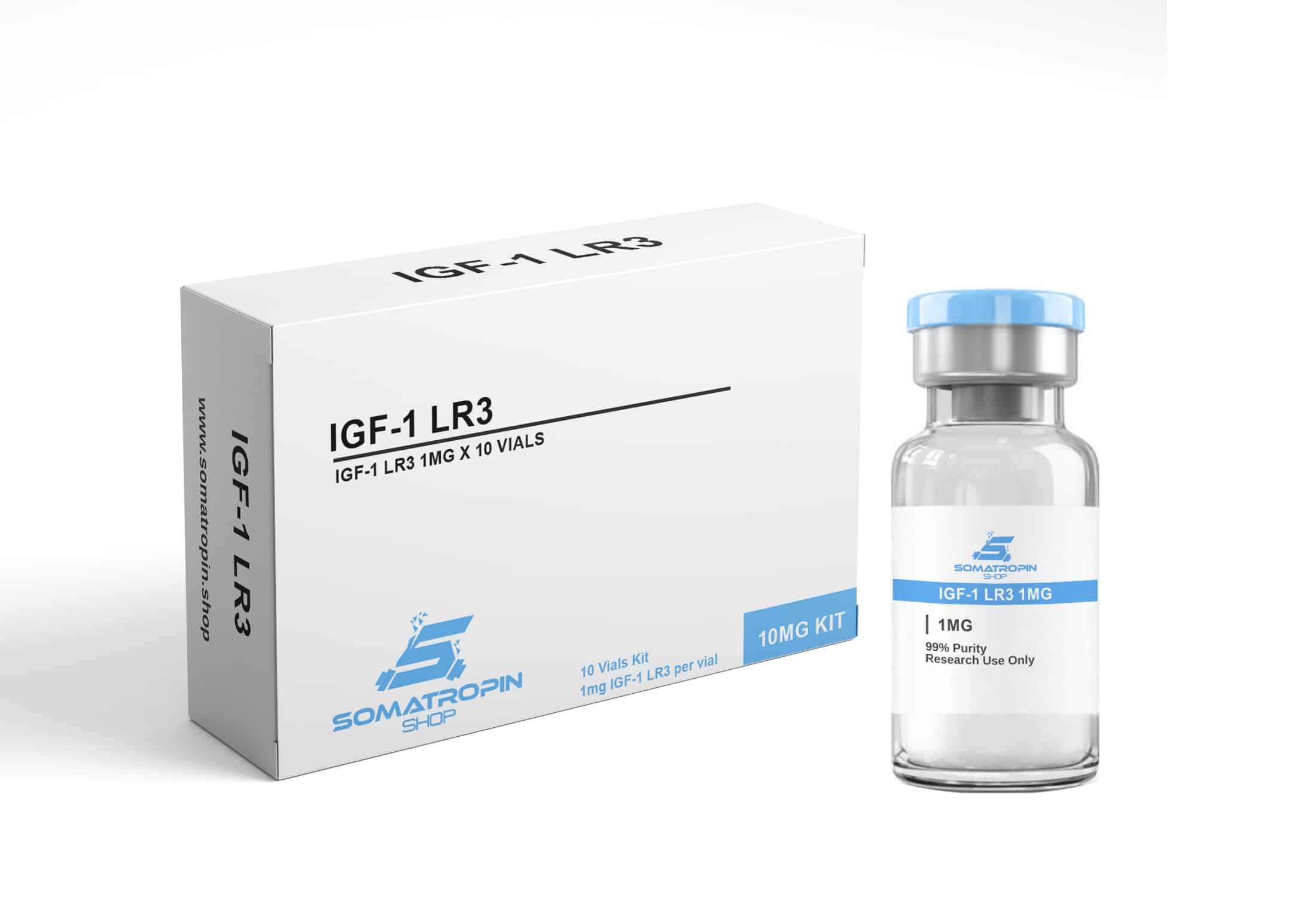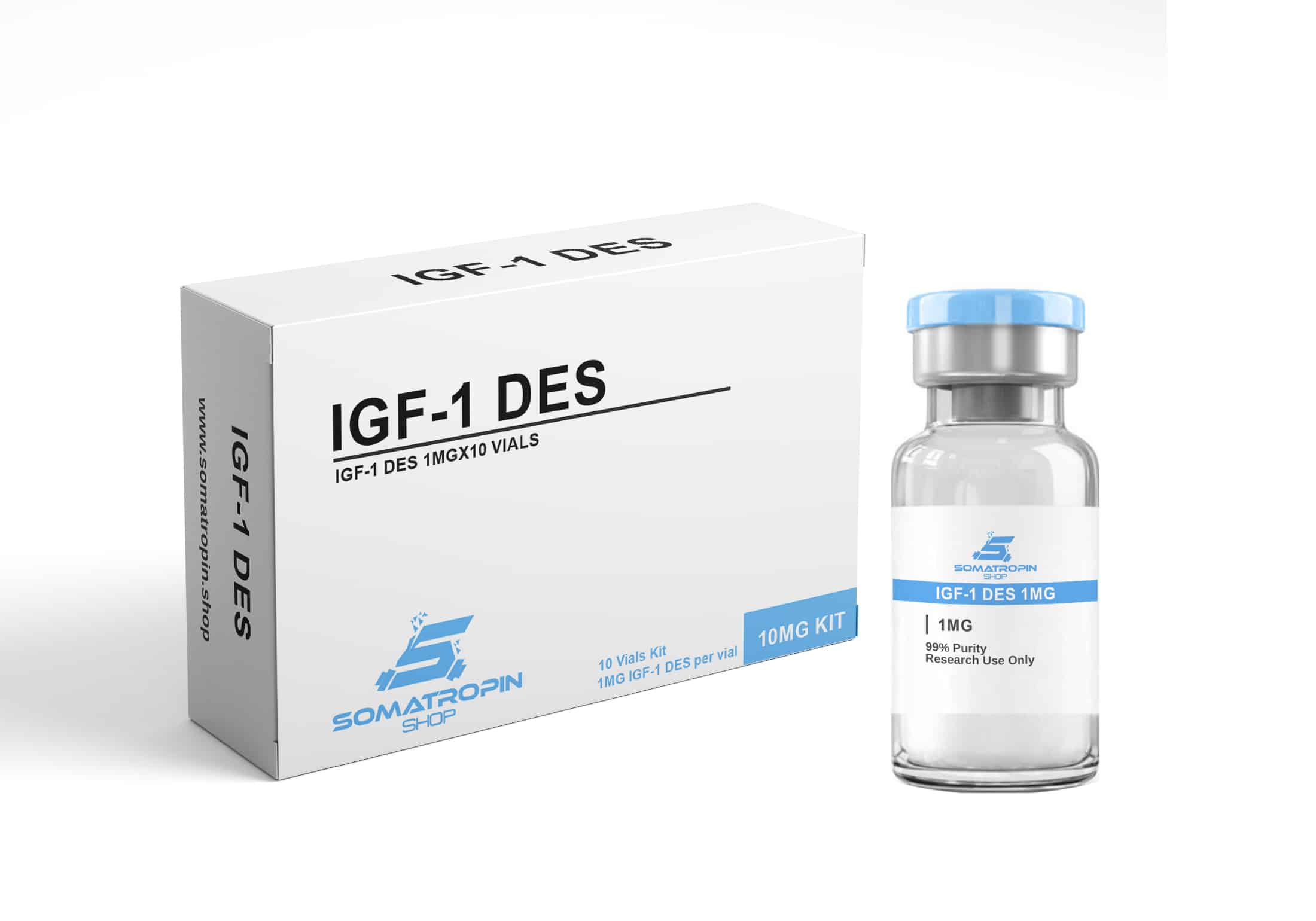The Article below explain information about both HGH and IGF-1 showing differences between them



What is HGH?
One of the most important hormones is the human growth hormone (HGH), manufactured in the pituitary gland. In people with too little circulating HGH, a broad range of negative effects include anxiety, depression, poor muscle growth, tiredness, and increased risk of heart disease, among others.
Researchers in recent years have increasingly recognized HGH as a performance driver for athletes. In fact, many sports science experts have discussed the impact of the illegal HGH cycle, referring to its “potential anabolic effect on muscle growth”.
Due to similarities in the experiences of people undergoing a natural aging process and those with HGH deficiency, scientists are also examining the potential relationship between HGH levels and how slow or fast individual ages.
What is IGF-1?
The human liver creates another crucial hormone called insulin-like growth factor-1. When HGH directs the liver to synthesize this hormone and release it into the blood.
For this reason, IGF-1 deficiency is dependent on enough human growth hormone to trigger its creation. Optimal levels of IGF-1 are integrally involved in metabolism, working to control insulin levels and promote fat burning.
COMPARING IGF-1 & HGH
IGF-1 actually mediates the growth-promoting effects most of us associate with HGH because it stimulates the proliferation, growth, and survival of cells. IGF-1 is used where more performance driven goals like maximizing growth and maintaining muscle and neurons are desired. It produces reduced insulin levels compared to HGH, which can increase insulin.
HGH possesses some extra advantages (general rejuvenation of the body, the skin becomes smoother, the hair grows quicker, and a lot more) which are absent with IGF-1.
IGF-1 has immediate effects, whereas HGH has a longer loading period. Taking both together is a popular supplement for bodybuilders.
It can help reduce the insulin resistance caused by HGH when taken together.
FACTS ABOUT IGF-1 AND HGH
Here are some relevant facts about both of these hormones:
- IGF-1 plays a key role in promoting and maintaining your muscle mass and neuro function.
- Exercise can encourage growth hormone release and thus IGF-1.
- Exercised-induced neurogenesis is mediated through IGF-1 induced during exercise.
- IGF-1 acts as a neurotrophic factor in the brain, contributing to the growth of new brain cells and the survival of existing neurons.
- IGF-1 is released in response to HGH. It is anabolic promoting growth and repairing skeletal muscle.
- The process of HGH release in response to exercise is proportional to how strenuous the activity is.
- A 30-60 minute sauna session increases HGH by 140 percent.
- A person can adapt to the strenuous activity and not experience a decrease in HGH over time.
TYPES OF IGF-1 AND HGH
HGH brand names (e.g., Somatropin, Norditropin, Omnitrope, Genotropin, Nutropin).
IGF-1 is a compounded medication and is made by compounding pharmacies. There are two forms of it, a long-acting version, and a short-acting version. Both hormones are available as a subcutaneous injection. (LR-3) and (DES)
ABOUT IGF-1
Here’s a bit more about IGF-1 and why it works.
Benefits of IGF-1
IGF-1 is highly linked to optimal sugar use in the body, which can make it a powerful component in your efforts to lose weight. When properly administered, it can aid in the weight loss process.
IGF-1 is also known for its ability to increase muscle mass. It can help in increasing the development of lean muscle body tissue, which will also help smooth out or help improve the shape of users. This means that there will be body composition shifts
How IGF-1 Can Affect You in different way than HGH
IGF-1 alone won’t result in weight loss but can help in lean muscle development. However, incorporating IGF-1 alongside a balanced diet together with increased cardiovascular and resistance workouts will result in faster weight loss over time.
IGF-1 is not a weight loss tool. Weight loss is a side effect of IGF1 use. lean muscle mass developing is related to IGF-1, more energy contributes to better workouts, and improved recovery times allow less time between workouts.
Healthy Use of IGF-1
Including IGF-1 as a part of a healthy, balanced diet plan, can help in shift body composition and therefore affect metabolism. When your body is burning more calories and developing additional lean muscle mass, it is likely that increased weight loss in a shorter period will happen.
Get Your HGH No Prescription (Click Here)
To Buy IGF1 LR3 (Click Here)
To Buy IGF1 DES (Click Here)